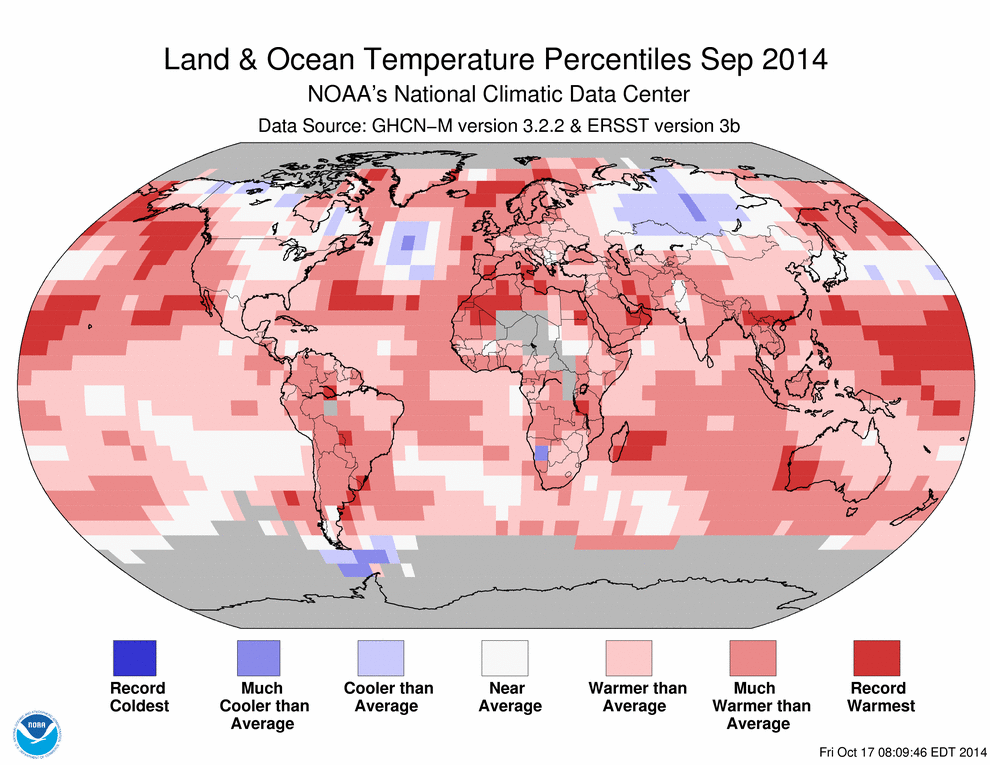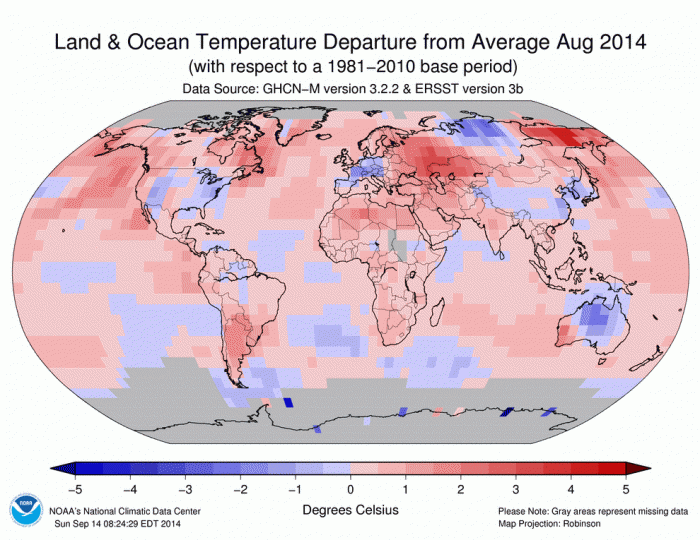
Scientific American states that the polar vortex is really just typical winter weather:
In the 1980s, Willis said, cold periods like this were much more usual. In the recent past, they have become less frequent. This is perhaps why the cold seems out of the ordinary.
New York climatologist Wysocki said that since the last couple of winters have been fairly mild, this one, which he called “typical,” might seem worse in contrast.
“I’m sure if people sat down and really thought about it, they’d think, ‘I’ve experienced this weather before, and this is nothing new. It’s just been a while since I’ve had it, that’s all,'” he said.
One of the reasons this winter has such fluctuations between hot and cold, without a clear signal dominating, is that there is not an El Niño or La Niña in the Pacific Ocean. Such climate phenomena will often set the tone for a winter, pushing a certain pattern, like snow or cold temperatures, to dominate in different parts of North America, said Wysocki.
“We don’t have a strong [Pacific Ocean] signal, which means all bets are off for this winter. It’s just going to be an average winter,” he said.
Maybe we are possibly becoming less used to dealing with typical winter temperatures as the globe warms.


